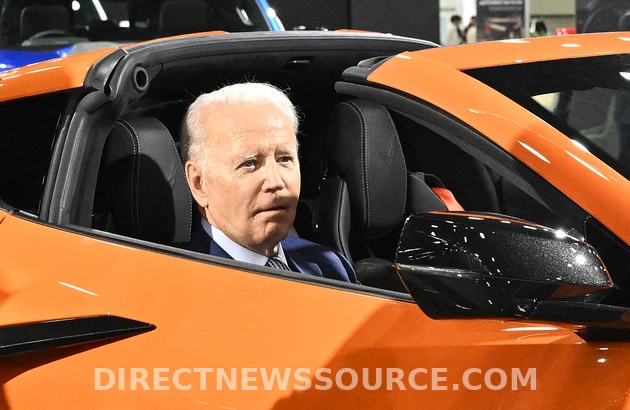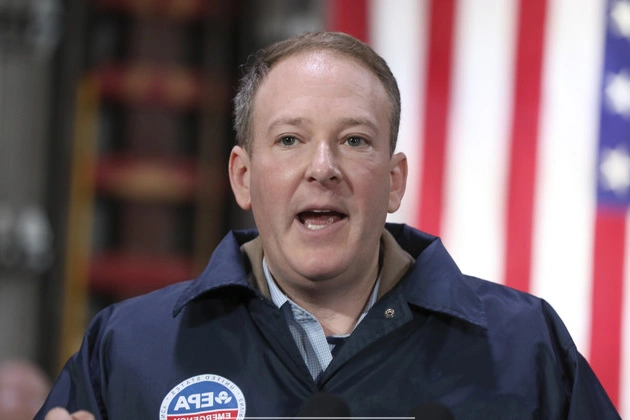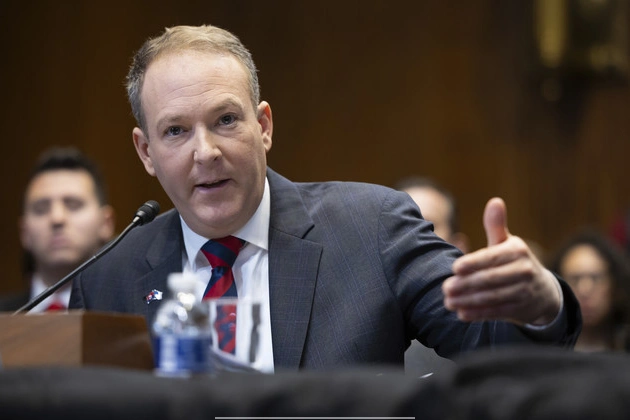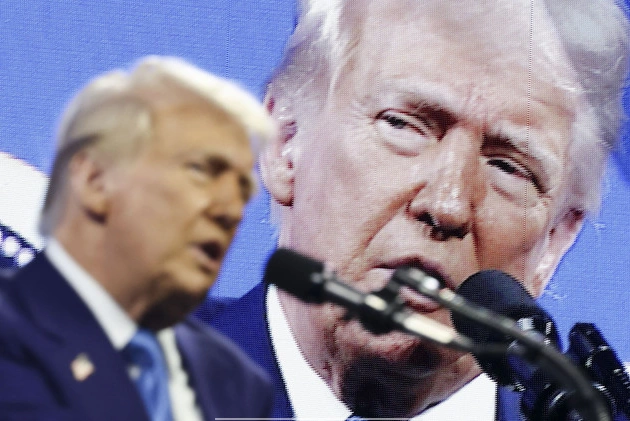
President-elect Donald Trump and California are at odds over the future of the automotive industry, particularly regarding electric vehicles, setting the stage for a significant battle even before Trump assumes office.
The Biden administration has granted California’s request for more stringent vehicle emission standards, mandating increased sales of electric vehicles and a ban on new gas-powered cars by 2035, a move that could revolutionize the American auto market given California’s substantial influence.
This initiative, central to California’s environmental strategy, is facing fierce opposition from Trump, congressional Republicans, and industry stakeholders who are determined to challenge California’s authority and are prepared for legal confrontations to determine the fate of electric vehicle adoption.
Bill Magavern, policy director at the Coalition for Clean Air, noted, “Everybody is gearing up for a showdown on zero-emission vehicles.”
By granting California more legal protection, Biden’s decision enables the state to advance its aggressive promotion of battery technology, complicating Trump’s efforts to undermine California’s autonomy to set emission standards under the Clean Air Act.
If the Environmental Protection Agency had not approved California’s request before Trump’s inauguration, his administration could have promptly rejected it. However, the process to revoke the waiver now requires a lengthy administrative procedure that may take years and is likely to end up in court.
Anticipating legal battles, California Governor Gavin Newsom has called a special legislative session to bolster funding for the state attorney general’s office, signaling readiness for disputes on various policy fronts where California clashes with the federal government, with electric vehicle policy taking the lead.
Seizing the opportunity to criticize Trump, Newsom remarked, “Naysayers like President-elect Trump may favor the oil industry over consumers and American automakers, but California remains committed to fostering innovations in the market.”
A spokesperson for Trump reiterated his campaign promises to support gas-powered cars, emphasizing his commitment to backing both gas-powered and electric vehicles upon assuming office.
This conflict stems from Trump’s earlier decision, during his previous term, to revoke California’s tailpipe emissions regulations, a move that triggered a legal battle subsequently reinstated by Biden’s EPA in 2022.
Not limited to the Trump administration, opposition to the waiver approval also extends to the oil and automotive industries, concerned about its implications not only in California but in the 11 other states adopting similar regulations.
The American Fuel and Petrochemical Manufacturers Association’s CEO, Chet Thompson, expressed apprehension that these policies could disadvantage consumers nationwide by restricting the sale of gas cars and inflating transportation costs.
While electric vehicles constitute a significant portion of new car sales in California, their market share remains lower in states like New York, reflecting challenges in swiftly transitioning to electric cars as proposed by California’s mandate.
Industry groups anticipate Trump rescinding the waiver in the future, advocating for a unified national standard to reduce carbon emissions while acknowledging the role of policymakers and courts in resolving the issue of California’s authority to establish emission programs.
Despite some states deferring compliance until 2027, the transition towards electric vehicles remains a hurdle, particularly in economically distressed areas where EVs are financially out of reach for many residents.
California’s unique position to set emission standards is rooted in a waiver system established in 1970 under the Clean Air Act, granting the state autonomy due to its historical air quality challenges and the imperative to combat pollution effectively.
Although California has made strides in improving air quality, persistent emissions from transportation sources necessitate drastic cuts to meet federal standards, as failure to comply could result in penalties such as withholding federal highway funds, a threat previously issued by the Trump administration.
Bill Magavern of the Coalition for Clean Air highlighted Trump’s animosity towards California’s leadership, suggesting a retaliatory tone that transcends factual considerations.















